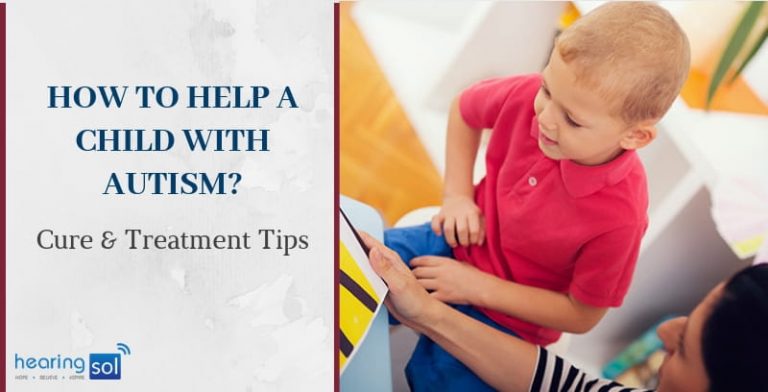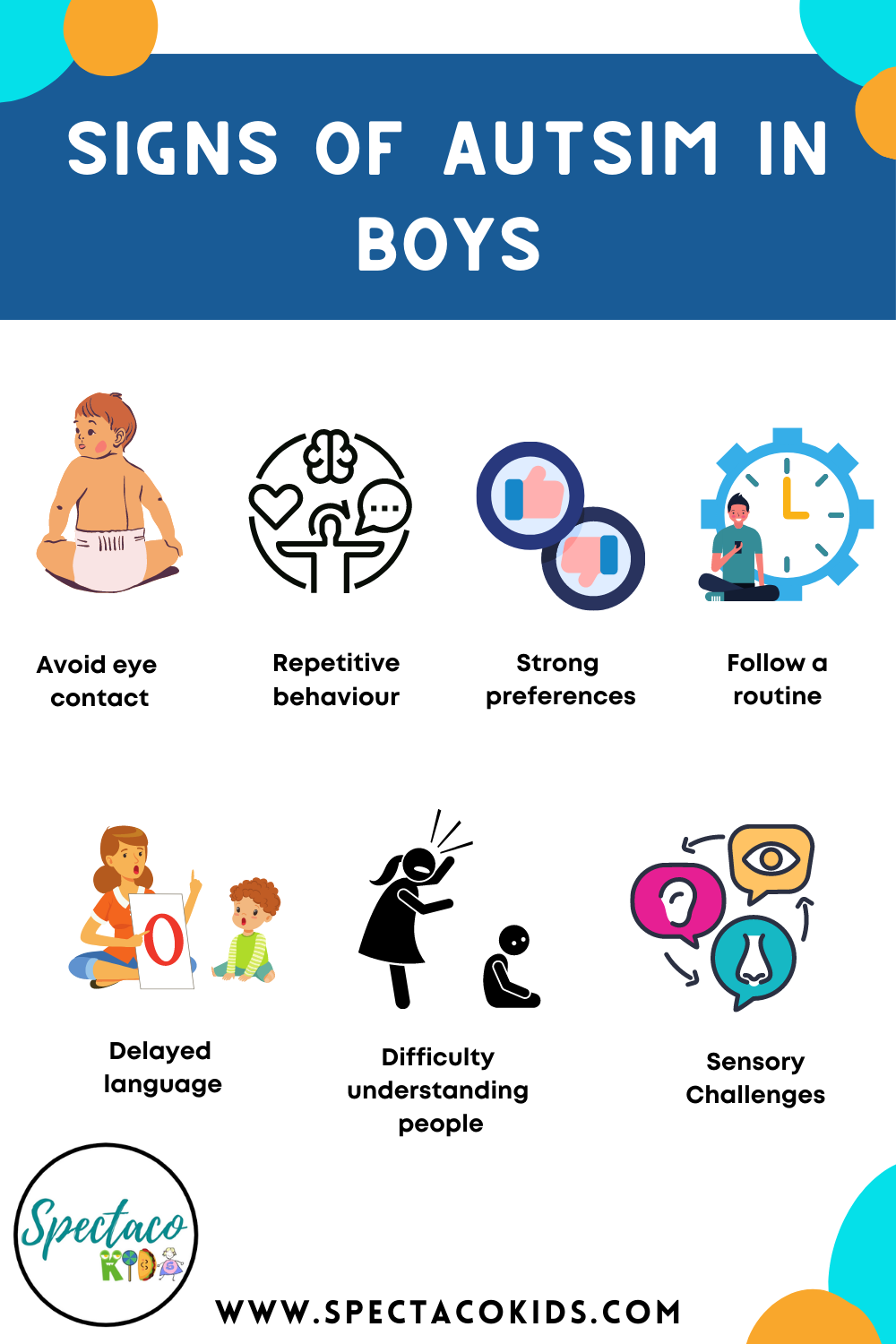Most Common Behaviors In Youngsters With Autism
Actually, many individuals on the spectrum experience deep feelings and form strong bonds; they might simply reveal these sensations in a different way. Some individuals with autism might be nonverbal, counting on different forms of communication like sign language or assistive technology. ASD actions can range from subtle quirks to a lot more obvious differences that impact daily functioning. It's a range, a kaleidoscope of characteristics and experiences that can differ drastically from one person to another. Some people with autism may struggle with verbal interaction, while others could possess extraordinary linguistic capabilities.
- Recognizing issue actions causes in your child's exterior setting, implying outside of themselves, is essential.The general ASD prevalence per 1,000 children aged 8 years was 23.0 and ranged from 16.5 in Missouri to 38.9 in The Golden State (Table 2).Recognizing these communication obstacles can provide a better insight right into the behavioral attributes of a kid with autism.Conditions like ADHD, stress and anxiety, and anxiety are common among individuals with autism.
You can ask for similar lodgings in college, though getting them in a comprehensive setup can be a lot more challenging. You can take action on many different levels, relying on the importance of the circumstance, a child's capacities and difficulties, and your viewpoint. Autistic individuals are generally likely to either panic or underreact to seem, light, scents, and touch. The kid who flees from a grandparent may in fact be replying to the scent of their fragrance.
Addressing Autistic Behaviors
Nonverbal interaction is an additional area where youngsters with autism often struggle. They may interpret language literally, have trouble recognizing sarcasm, show uncommon body movement, faces, and motions that may not line up with what they are claiming. Furthermore, they might exhibit an unusual singing tone, such as speaking in a level, robot way, or making use of a sing-song tone [5]
Acknowledging Autistic Habits In Various Age Groups
A neurotypical 12-year-old should be able to enthusiastically give thanks to a grandparent for a gift they do not really desire. Autistic youngsters commonly show up premature More help for their age; an autistic teen may behave like a much more youthful youngster. Difficulties with social communication can make it hard for an autistic kid to inform when their activities might be painful.

